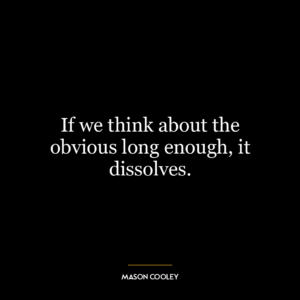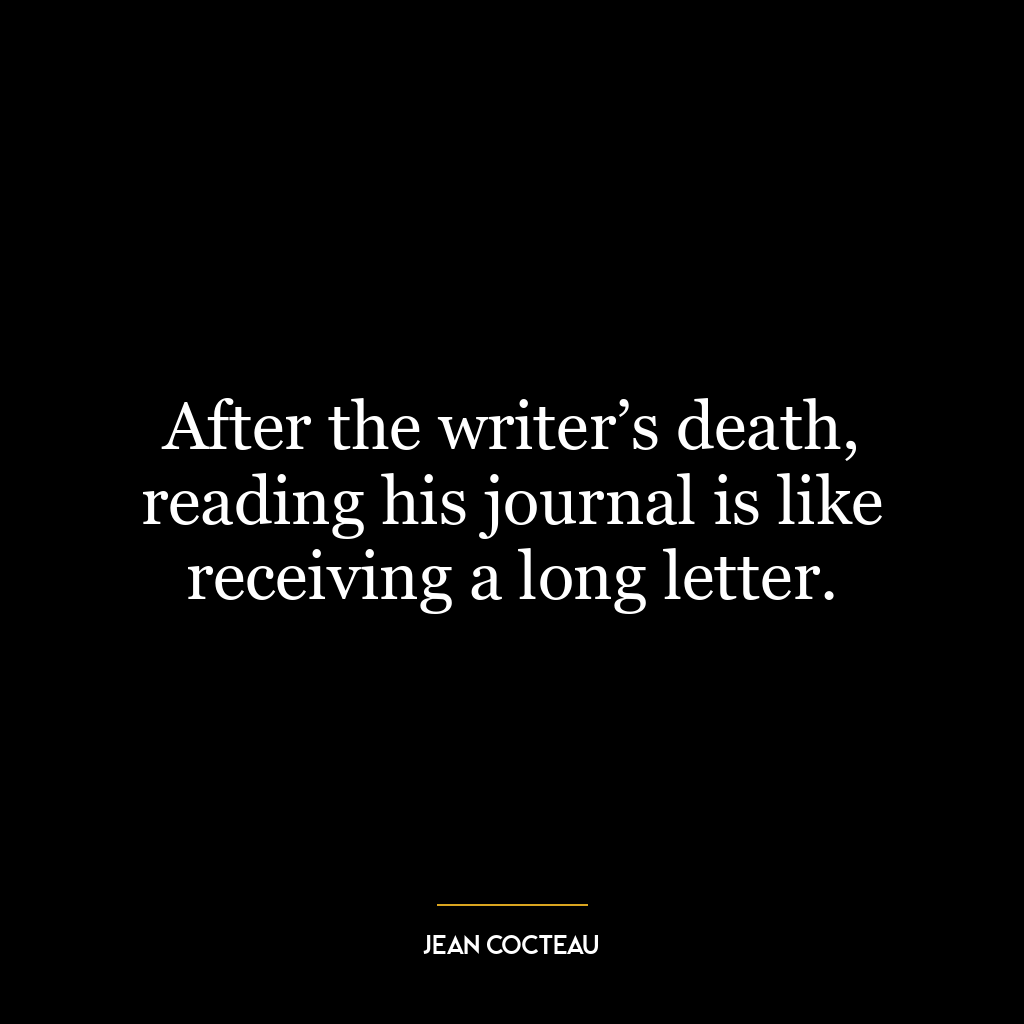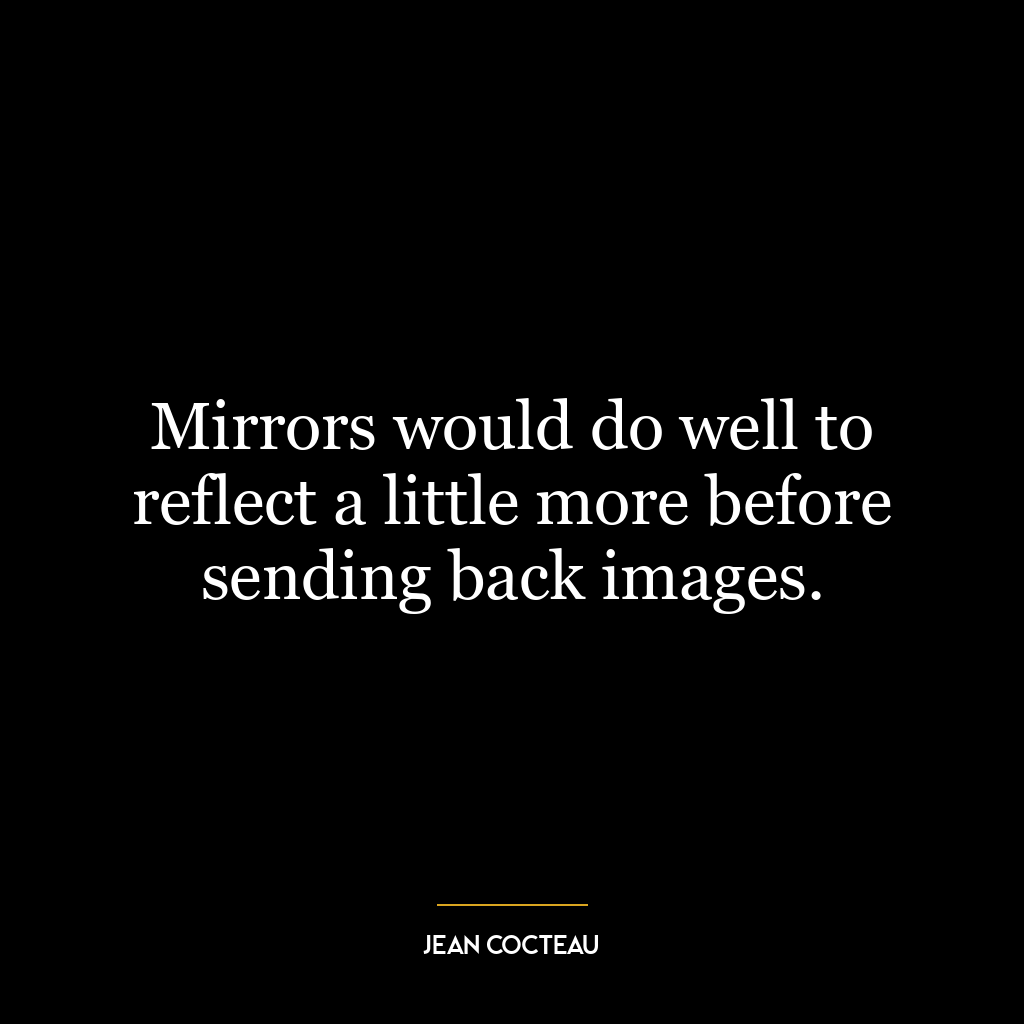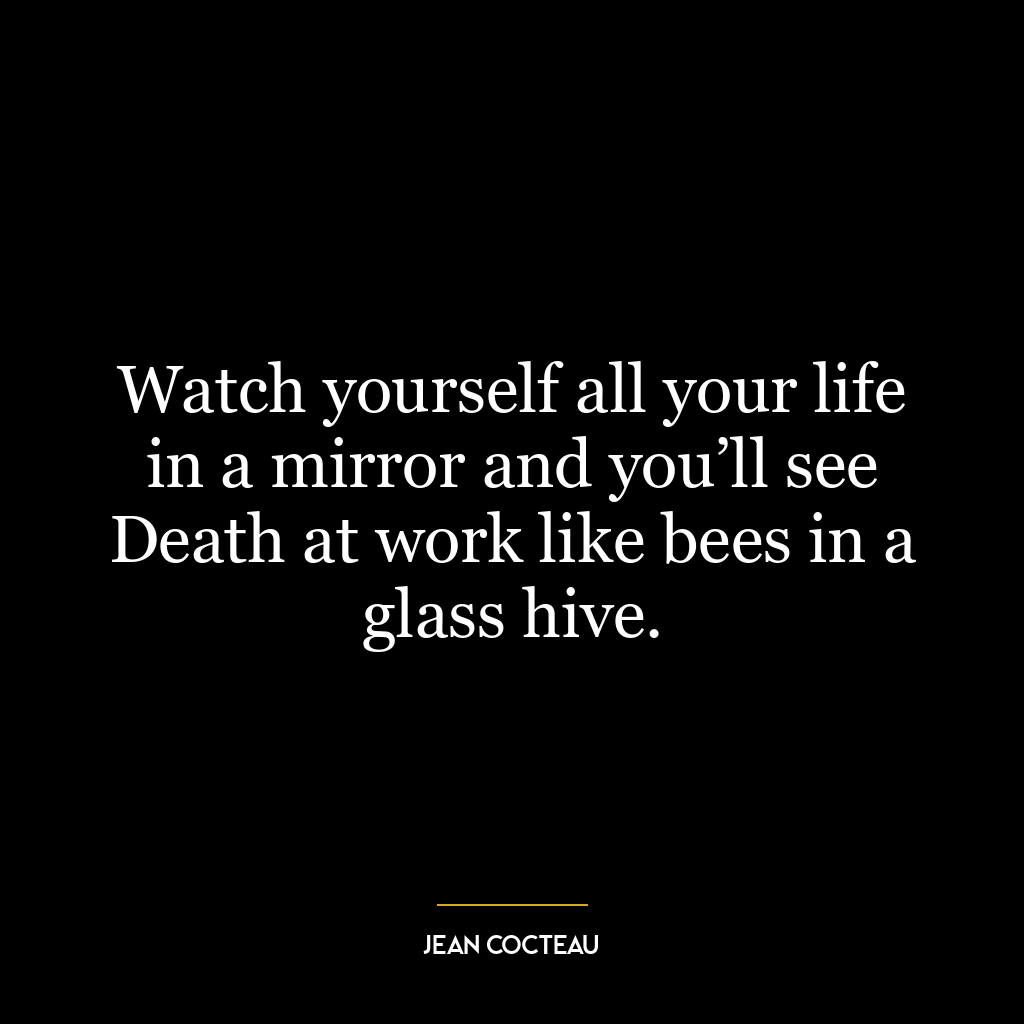The quote “One eventually has enough even of oneself” speaks to the human tendency towards self-saturation. It suggests that it’s possible, and perhaps even inevitable, for a person to grow weary or bored with their own thoughts, routines, habits, and personality traits. This is a reflection of our innate desire for change and growth.
In essence, this quote points out that stagnation in personal advancement can lead to dissatisfaction with oneself. When we don’t evolve or challenge ourselves to grow beyond our comfort zones, we run the risk of becoming too familiar with our own patterns of thinking and behaving. This familiarity can breed contempt or boredom within us.
Applying this idea in today’s world where personal development is highly emphasized reveals its profound relevance. In an era where self-enhancement books are bestsellers and motivational speakers are celebrities, people strive for continuous growth and transformation not just professionally but personally as well.
This quote may serve as a reminder that complacency about one’s current state can lead to discontentment over time. It encourages individuals to seek constant evolution - learning new skills, exploring different perspectives or challenging existing beliefs – because without thes changes one might get fed up with their static existence.
In terms of personal development specifically, this could mean pushing oneself out of comfort zones regularly by setting ambitious goals or seeking new experiences. By doing so we keep ourselves engaged and interested in our own lives while also fostering continual self-growth.
Therefore the essence captured by this quote is not only about avoiding boredom but also about embracing change as an essential part of life’s journey towards fulfillment and satisfaction within oneself.














